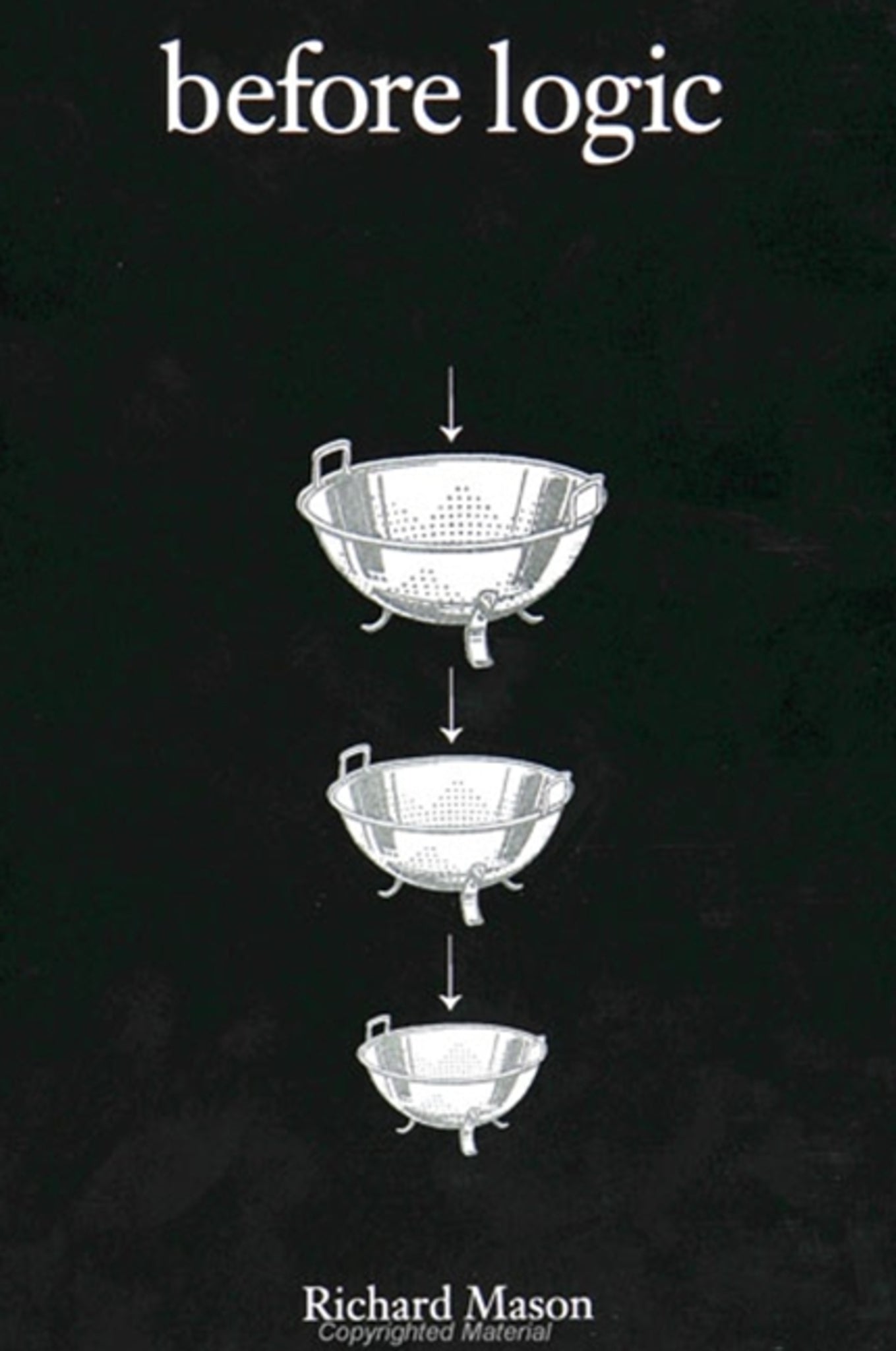We're sorry. An error has occurred
Please cancel or retry.
Before Logic

Some error occured while loading the Quick View. Please close the Quick View and try reloading the page.
Couldn't load pickup availability
- Format:
-
31 March 2000

Argues that there is an undeniable and essentially historical dimension to logic.
2000 CHOICE Outstanding Academic Title
Must logic come first? Are philosophical problems really logical? Must we think logically to think at all? Richard Mason's case is that too much comes before logic-too many choices and too much history. Logic has been formed by choices made by philosophers, not just as a subject of study, but in terms of what has mattered: the problems, and the possible solutions. Before Logic contains case studies of crucial choices: on the formation of logical possibility, on truth, on the explanation of necessity, on essentialism, and on the location of logic. For readers with interests in analytical or continental philosophy or in logic, this book shows why and how history matters to logic. Logic then, cannot be the basis for metaphysics-or an important grounding for philosophical investigations-because too many important assumptions precede it. The difficulty this position presents is that it avoids the obvious objections of relativism. This controversial topic strikes at the heart of much post-Wittgensteinian and post-Heideggerian thought.


"This study addresses the very real scandal that logic cannot without absurdity provide its own foundation. The book should appeal to anyone concerned with philosophical meditations on the problems of logical necessity, truth, and history." — David Lovekin, Hastings College
"Before Logic is a competent and widely informed book, one whose main thesis is provocative and interesting." — Nicholas Rescher, author of Realistic Pragmatism and Predicting the Future
Introduction
Chapter 1
What Can Be
Chapter 2
The Truth in What We Say
Chapter 3
What Must Be So
Chapter 4
Talking about Things
Chapter 5
Getting around Language
Chapter 6
"Logic Must Take Care of Itself"
Notes
Bibliography
Index



